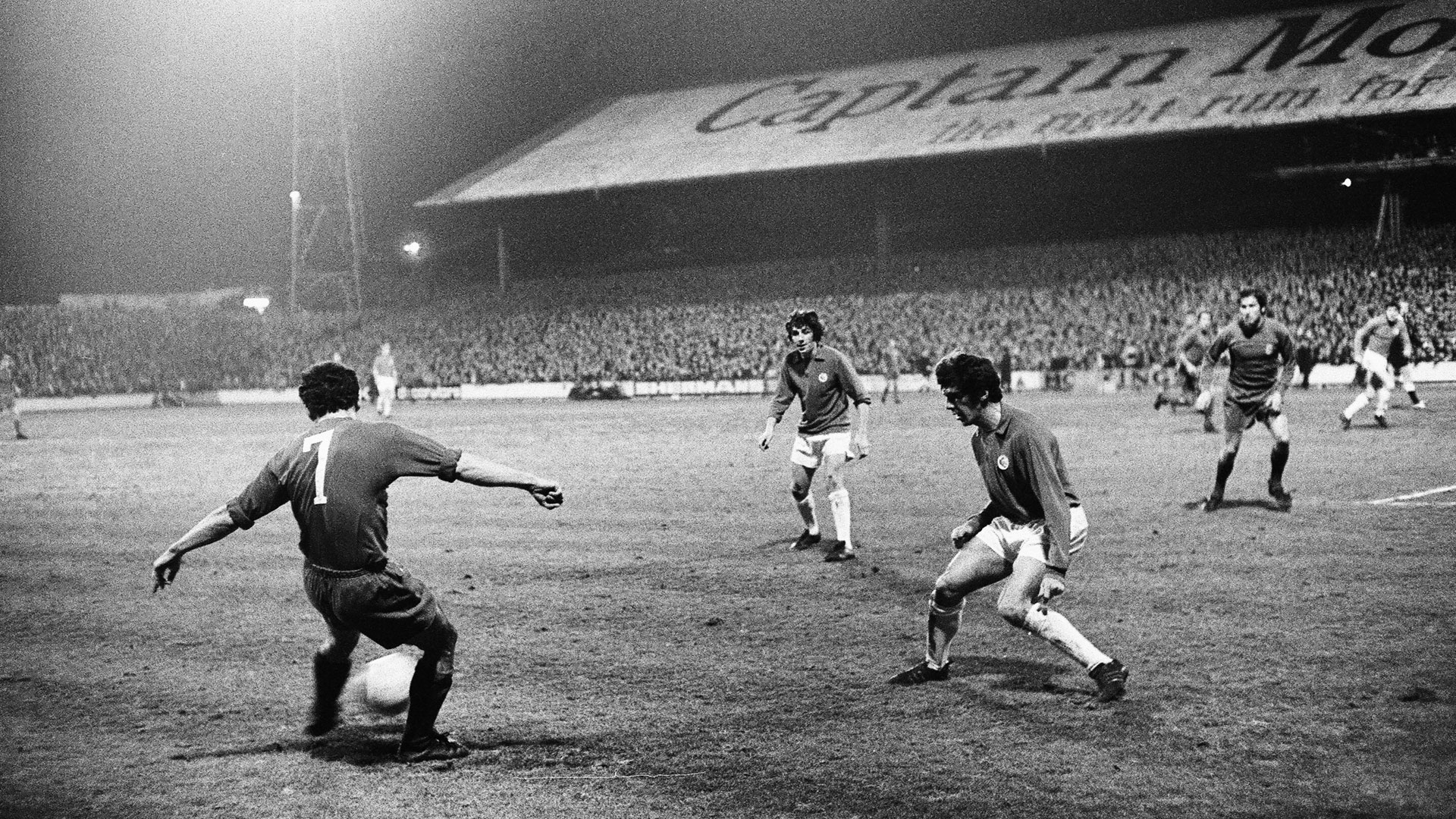During each month throughout this season, we will be remembering the most important moments, matches and milestones from the history of Cardiff City Football Club, proudly celebrating our momentous 125th anniversary.
In 1962, back in the second tier and keen on an immediate return to the First Division, City boss Bill Jones spent £18,000 to bring Welsh international, Ivor Allchurch to Ninian Park. A hero of our South Wales rivals, Allchurch moved from Newcastle to Cardiff and captained the Bluebirds on his debut, a 4-4 draw against his former club, the Magpies. Despite Allchurch forming a strong striking bond with Peter Hooper, a poor overall start saw Jones sacked – the first Bluebirds boss to be dismissed by the Club – and George Swindin was recruited as his replacement.
After a 10th place finish in 1962/63, the following off-season saw another hero of Welsh football arrive at Ninian Park. Revered all-rounder John Charles made the switch from Roma, having also represented Leeds United and Juventus during an illustrious career. He linked up with brother Mel, who had become a Bluebird in 1962. Like Allchurch, Charles found the back of the net on his debut – he thundered a long-range indirect free kick off the crossbar, which hit Norwich City goalkeeper Kevin Keelan and rebounded into the net.
Boasting a Welsh trinity of Allchurch, Charles and Derek Tapscott, City’s league position sadly did not improve, as they slipped from 10th to 15th. The one redeeming feature was a run in the Welsh Cup, with the Bluebirds defeating Bangor City 2-0 in a replayed Final. It wasn’t enough for Swindin to keep his job, with Jimmy Scoular coming into the dugout ahead of 1964/65.
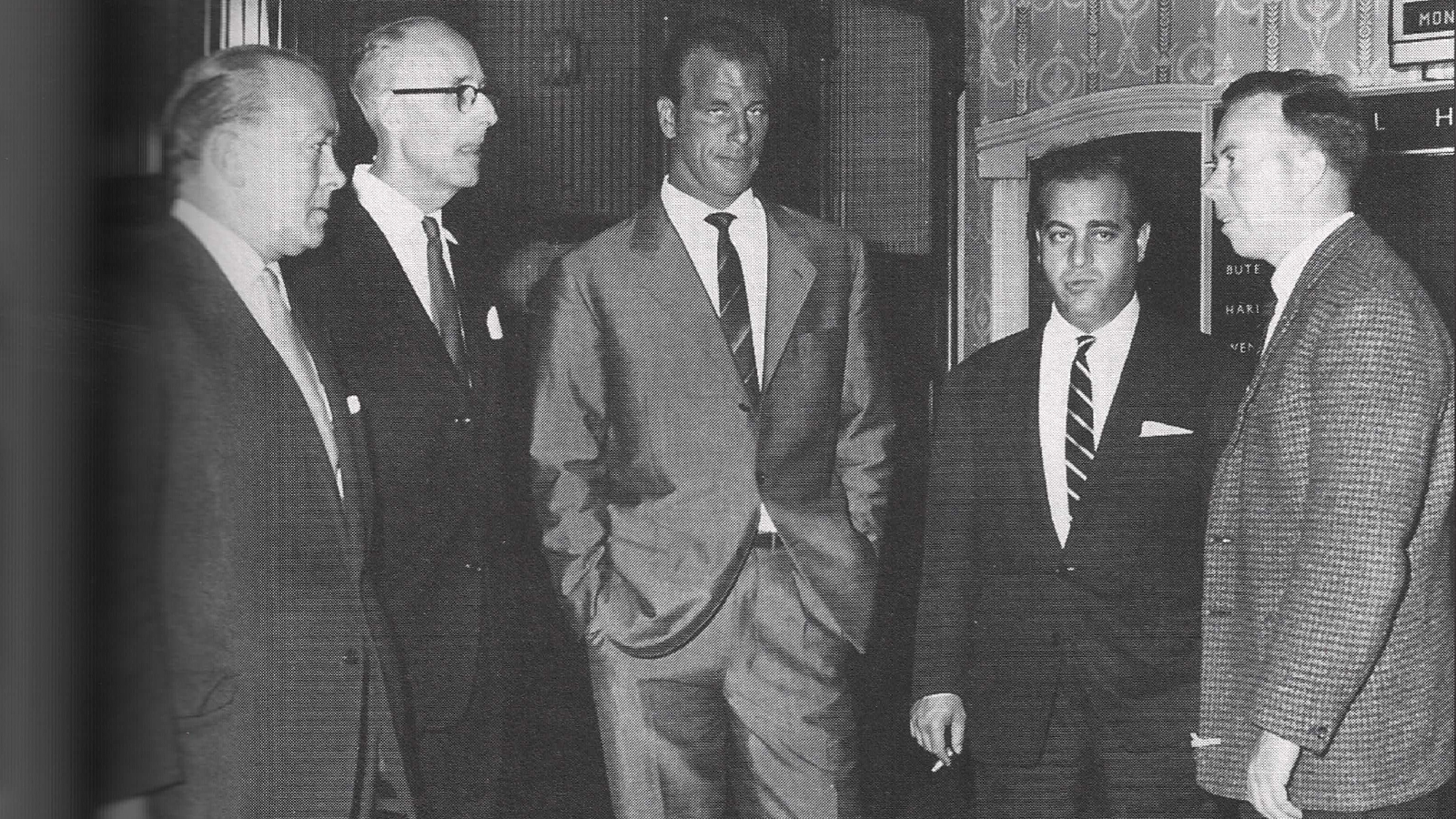
Despite the lack of excitement in the league, there was still plenty of enjoyment for City supporters thanks to two Cup competitions. Having endured a fairly barren run in the Welsh Cup, things were about to change. After winning the competition in 1956 for the first time in 26 years, the Bluebirds would reach the Welsh Final in 14 of the 15 seasons from 1963/64 onwards, lifting the trophy ten times.
Welsh Cup wins gave the Bluebirds their first taste of European football, with entry into the European Cup Winners’ Cup. Our debut campaign took City to Denmark, Portugal and Spain, with Esbjerg fB our maiden opponents in September 1964. It took a Peter King strike in the second leg to settle the tie, setting up a clash with the Cup holders, Sporting Lisbon. Scoular’s side pulled off a famous 1-2 win at the old Estádio José Alvalade, with Greg Farrell and Tapscott scoring, and a 0-0 draw at Ninian Park sent City through. In round three, the Bluebirds faced Real Zaragoza, drawing 2-2 at La Romareda before an unfortunate 1-0 home defeat.
Another average league finish of 13th was largely forgotten, but South Wales now had the bug for European football. 38,458 had turned out to watch the second leg against Zaragoza, compared to a league-high attendance of just 16,911. It was a good thing, then, that City made it back-to-back Welsh Cup wins, defeating Wrexham in the 1965 Final to guarantee more Cup Winners’ Cup action.
Like with any Cup competitions, not every year provides a brilliant run. In 1965/66, City fell at the first hurdle to Standard Liege with a 3-1 aggregate defeat. However, Scoular’s boys did reach the Semi-Finals of the League Cup, defeating Crewe Alexandra, Portsmouth, Reading and Ipswich Town before falling to West Ham United. With senior players like Allchurch and the Charles brothers soon to depart, that season saw the emergence of a young talent named John Toshack, who made his debut in November 1965.
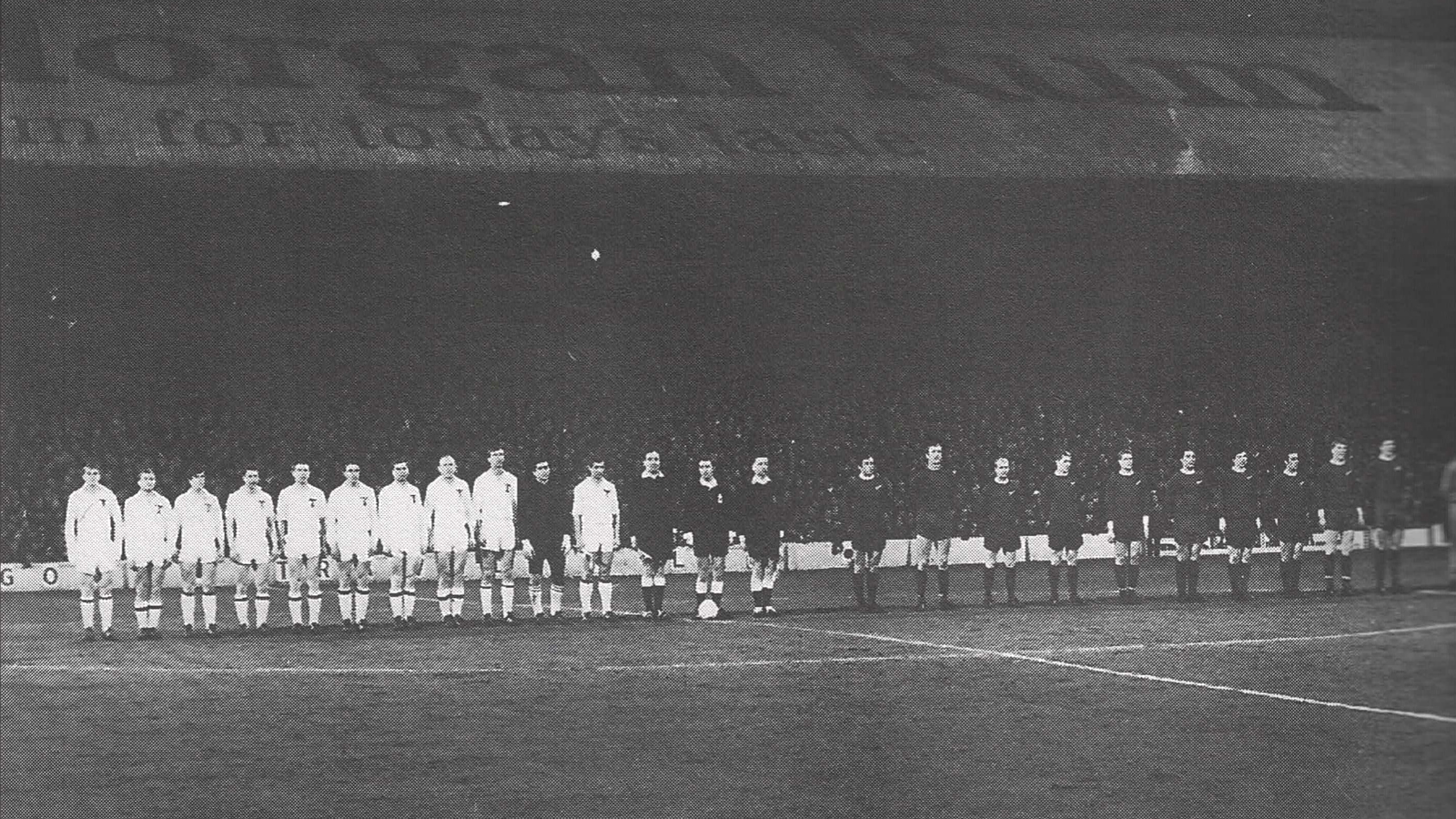
The Bluebirds’ next European involvement saw them go deep into the competition. League form continued to dwindle, with a pair of 20th place finishes, but the Welsh Cup once again provided some solace; City beat Wrexham in the 1967 final to get themselves back into Europe.
Shamrock Rovers were first up in our 1967/68 Cup Winners’ Cup campaign, with the Bluebirds winning 3-1 on aggregate. NAC Breda were put to the sword next; a resounding 4-1 Ninian Park win gave City a 5-2 aggregate lead. The quarter final saw City draw Torpedo Moscow; Barrie Jones netted in a 1-0 win at Ninian, with the second leg hosted close to the Chinese border in Tashkent (current day Uzbekistan), due to freezing temperatures in Moscow.
After a mammoth journey which involved a two-day stayover in Moscow, the Bluebirds lost 1-0 at the 65,000 capacity Pakhtakor Central Stadium, which forced a replay, held in Augsburg, West Germany. Despite losing key defender Don Murray to injury, Scoular’s side booked their place in the Semi-Finals with a 1-0 win – Toshack flicked the ball onto Norman Dean, who volleyed home. Future City boss Richie Morgan (Murray’s defensive replacement) and goalkeeper Bob Wilson produced fine defensive displays to keep Torpedo out and set up a final-four clash with Hamburger SV. The other semi final would be between two European giants – AC Milan and Bayern Munich.
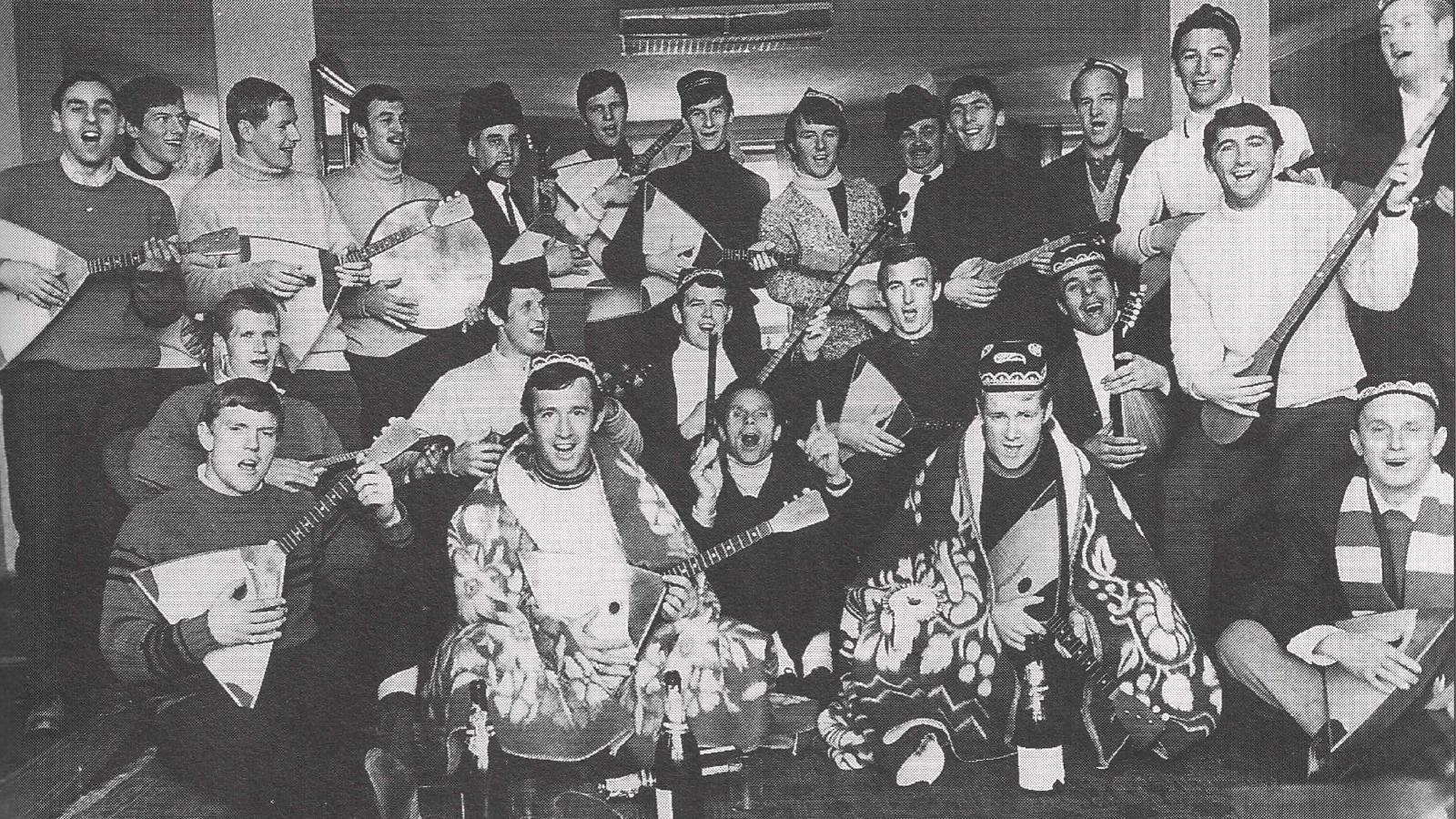
Hamburg were Bundesliga champions in 1960, and had Uwe Seeler, captain of the West German national side, at their disposal. That didn’t stop the Bluebirds from taking the lead after just four minutes at a packed Volksparkstadion. Dean was again the scorer, this time from just outside the box. An onslaught from the hosts followed, who eventually levelled through Helmut Sandemann to set up a mouthwatering second leg in South Wales.
43,000 packed into Ninian Park on 1st May, 1968, to watch City compete for a place in a European final. The Bluebirds opened the scoring as they had done in Hamburg, with Dean making it three goals in three consecutive European games. Franz-Josef Honig replied just five minutes later, and Uwe Seeler turned the tie for the first time after 57 minutes. Brian Harris, scoring his only goal for City, replied with twelve minutes to play, setting up a grandstand finish. Sadly, it was Hamburg who would have the last laugh. Honig scored his second goal of the game in the very last minute, an agonising end to a brilliant European adventure for Scoular and his side.
Hereford United had been defeated 6-1 in the Welsh Cup Final, giving City some silverware at the end of a memorable campaign to set up another European entry. Semi-finalists from the season before, the Bluebirds faced FC Porto after a nightmare start to the Division Two campaign. Toshack netted in the first leg at Ninian Park, part of a 31-goal return for him in all competitions that season, and also won the penalty which Ronnie Bird converted for City’s second. Unfortunately, Custodio Pinto scored twice for Porto after being introduced as a half-time substitute. The second leg at the Estádio das Antas was a bad-tempered, poorly officiated and aggressively policed affair, with the Bluebirds suffering a 2-1 loss to bow out 4-3 on aggregate.
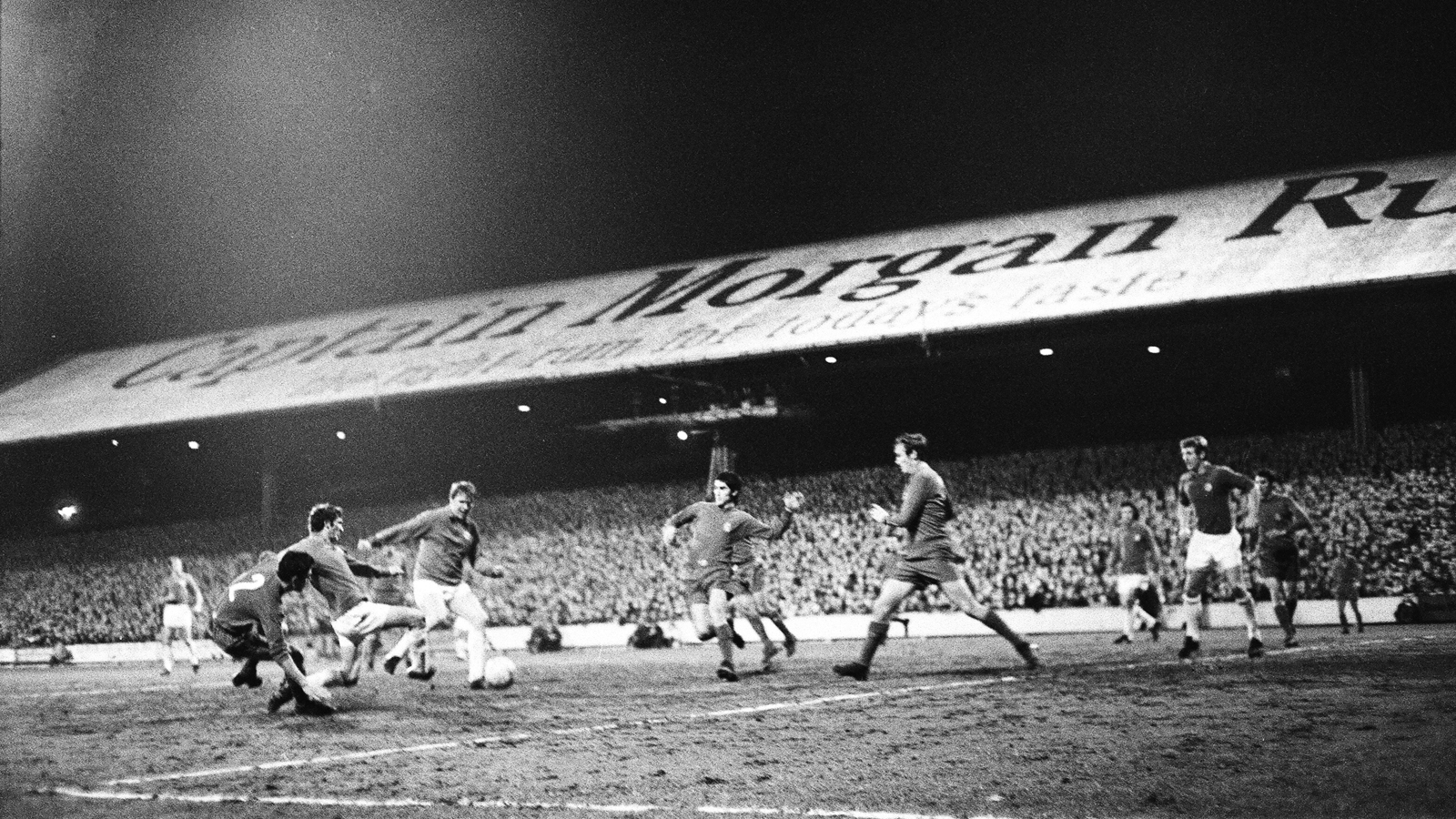
After several dreary league campaigns, City’s form was beginning to turn. They finished 5th in 1968/69 and 7th the following season, after a short-lived Cup Winners’ Cup campaign which ended in defeat to Turkish side Göztepe. By 1970/71, Scoular and his men were set for a promising campaign, which got off to a lightning start. On the back of 31 and 22 goal returns in the past two seasons, Toshack continued his fine form into the early months of the term to fire the Bluebirds up to the top of the table. That, however, attracted interest from Liverpool, with Tosh moving to Anfield for a club record fee of £110,000 in November 1970.
Alan Warboys was recruited to fill the sizeable attacking presence left by Toshack, and helped City keep up their title charge. Meanwhile, in Europe, the Bluebirds saw off Pezoporikos Larnaca with a thumping 8-0 win, before a 5-1 home win against FC Nantes which contributed to an overall 7-2 aggregate triumph. The prize was a plum tie against football royalty – Real Madrid would travel to South Wales in March 1971. Los Blancos had won the European Cup five years earlier, and, despite not possessing many of their legendary stars from the 60’s, were certainly still a formidable opponent.
Warboys, ineligible for the tie having been signed too late, was forced to watch from the stands with over 47,000 supporters. Out came the two teams, with the visitors sporting a red strip instead of their famous all-white. City started nervously – Jim Eadie had to make a key save from Miguel Perez, who also saw a goal disallowed for a blatant handball.
Scoular’s side soon settled, and after 31 minutes came a famous moment in Cardiff City history, perhaps only bettered by Hughie Ferguson’s FA Cup Final winner back in 1927. Gary Bell passed to Bobby Woodruff, who skipped past his man and found young Nigel Rees. The winger managed to race away from two Madrid defenders and reach the byline before crossing to Brian Clark. The striker, City’s top scorer that season, made no mistake with a free header, planting it past the goalkeeper in front of the Canton Stand.
The Bluebirds were the better side in the second half, and should have scored more, but the full time whistle signalled the end of a historic fixture. Real Madrid had been beaten by second tier City in one of the all-time Ninian nights.
The side travelled to the capital of Spain for the return leg and toured the trophy room at the Estadio Santiago Bernabéu, renamed in 1955 in honour of their former player and club president - who had been part of the travelling party to South Wales for the first leg.
City kept it tight for the first 50 minutes in Madrid; at half time with the score goalless, frustrated Madridistas in the stands began to hurl cushions at their underperforming players. Sadly, two quick-fire goals from the hosts saw them progress to the semi-finals. The Bluebirds would also suffer heartbreak in the league; an uncharacteristic 5-1 loss to Sheffield United handed the initiative to the Blades, who were promoted to the top flight alongside Leicester City at our expense.
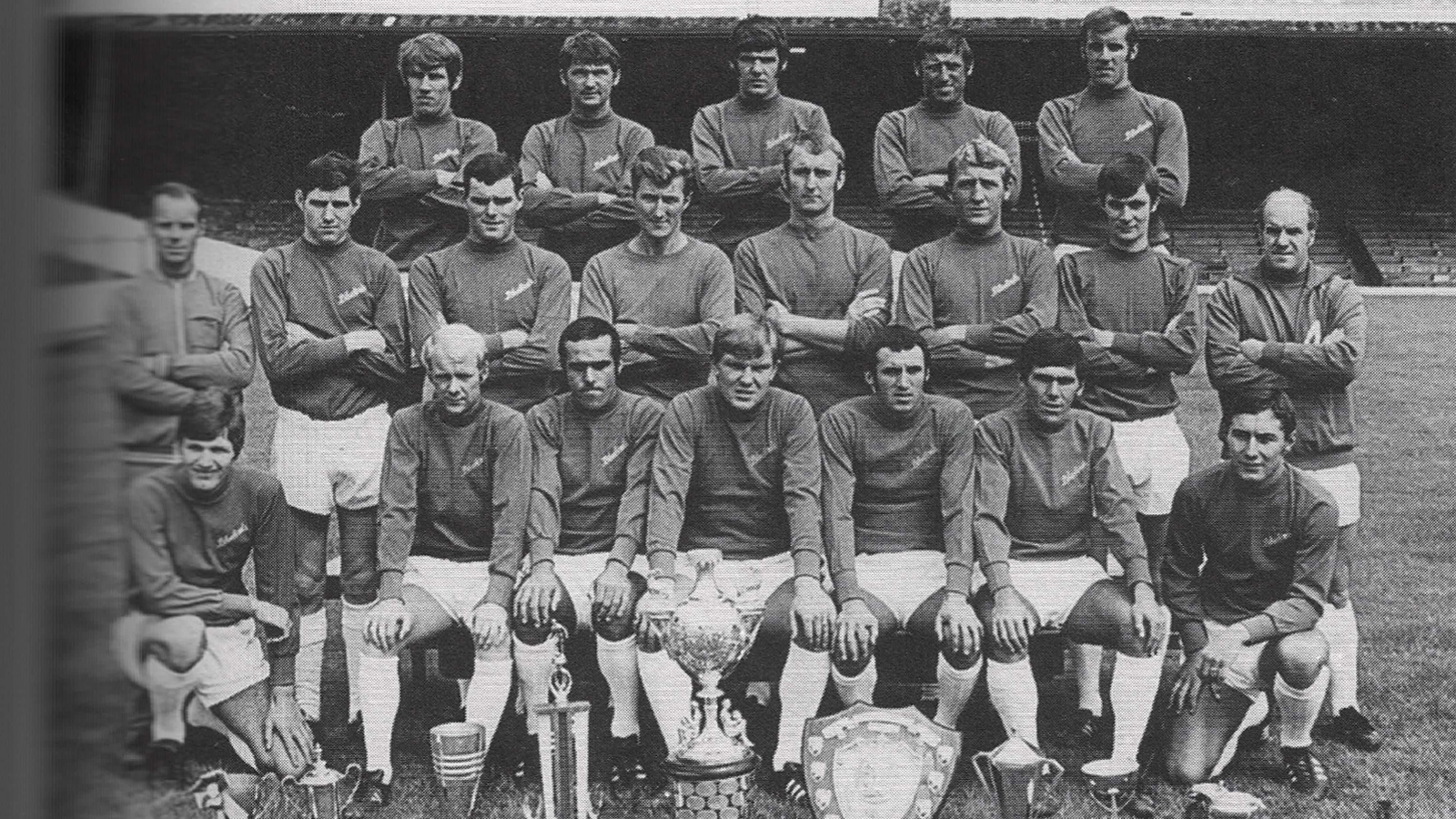
The following season saw the Bluebirds travel beyond the Berlin Wall to face Dynamo Berlin in the first round of European action. It was a daunting task – Dynamo’s honorary chairman was Erich Mielke, head of the East German secret police, the Stasi. On arrival in Berlin, Scoular and his squad passed through the famous ‘Checkpoint Charlie’ on the way to their hotel. Ian Gibson scored for City, but Dynamo equalised late on. The same 1-1 scoreline was repeated in the Welsh capital, with the visitors eventually winning on penalties.
Having narrowly missed out on promotion the season prior, the Bluebirds survived relegation by just a single point in 1971/72. There was to be no European football the following year, as City had lost the Welsh Cup Final to Wrexham, but got the trophy back under their control in 1973 by defeating Bangor City. It was to be the beginning of the end for Scoular, whose last European tie at the helm came in October 1973. At the same ground where they had famously won nine years earlier, the Bluebirds bowed out of the Cup Winners’ Cup at the hands of Sporting Lisbon. The first leg at Ninian had finished goalless, and the hosts progressed 2-1 despite a goal from Tony Villars.
Scoular would depart South Wales a month later after nine years, five months and 509 matches in charge. He had coached Welsh icons like Charles, Allchurch and Tapscott, aided the progression of John Toshack, taken his side to within a whisker of a European final and overseen a historic win over Real Madrid - the only thing that eluded him was a return to the First Division.
His replacement, Frank O’Farrell didn’t see out the remainder of the season, being replaced by Jimmy Andrews, who retained the Welsh Cup and just about avoided relegation, with a final day draw at Crystal Palace proving key. The Bluebirds were heading towards a new era, which would be full of highs and lows in the decade to come.

